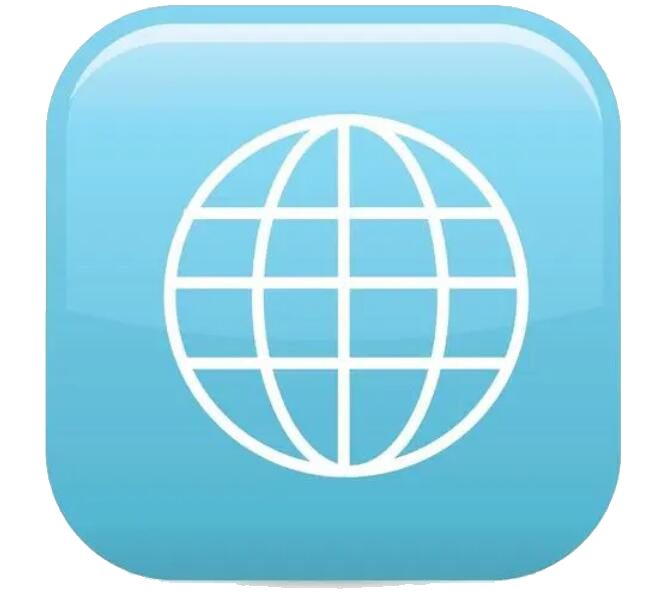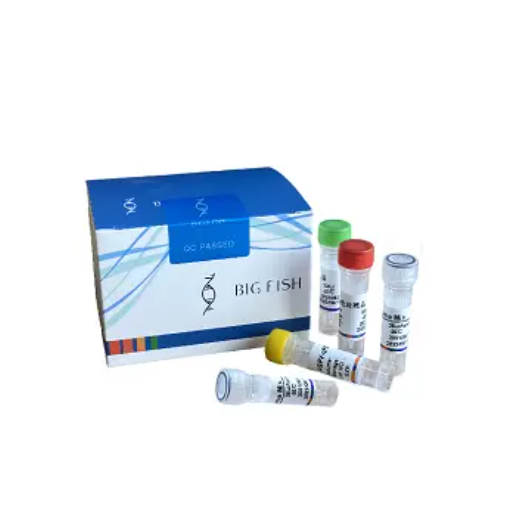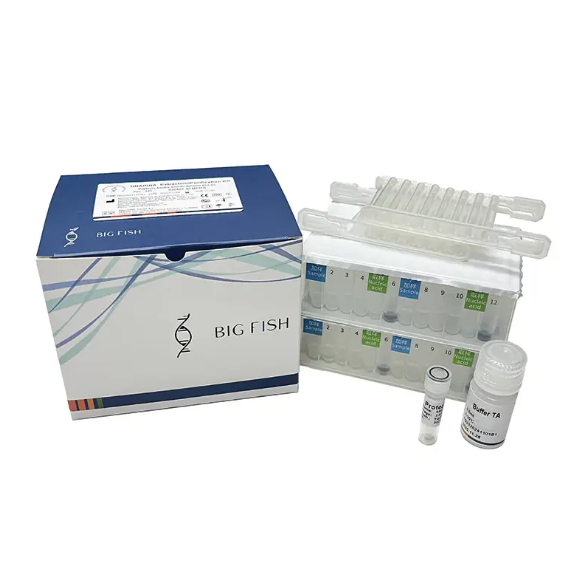The COVID-19 pandemic has reshaped the public health landscape, highlighting the critical role of effective testing in infectious disease management. In the future, coronavirus testing kits will see significant innovations that are expected to improve accuracy, accessibility, and efficiency. These advances will be critical not only for managing the current outbreak, but also for responding to future outbreaks.
One of the most promising areas of innovation in coronavirus test kits is the development of rapid testing technology. Traditional PCR tests, while highly accurate, often require specialized laboratory equipment and trained personnel, resulting in delayed results. In contrast, rapid antigen tests can provide results in as little as 15 minutes, which is critical for rapid screening in a variety of settings, from airports to schools. Future innovations may focus on improving the sensitivity and specificity of these rapid tests, ensuring that the virus can be reliably detected even when the viral load is low.
Furthermore, the integration of artificial intelligence (AI) and machine learning into the testing process is set to revolutionize the way we handle COVID-19 testing. AI algorithms can analyze vast amounts of data, identify patterns, and predict outbreaks, enabling public health officials to respond proactively. Additionally, AI can improve the accuracy of test results by minimizing human error in sample analysis. As these technologies evolve, we can expect more advanced testing kits that not only provide test results but also provide insights into potential routes of transmission of the virus.
Another exciting development is the potential for home testing kits. As the convenience of self-service testing becomes more prevalent during the pandemic, future innovations will likely focus on improving the user-friendliness and reliability of these kits. Advances in biosensor technology are expected to lead to compact and portable devices that can detect viruses with minimal user intervention. These home testing kits could help individuals monitor their health regularly, reduce the burden on healthcare systems, and help isolate positive cases more quickly.
In addition, coronavirus test kits are coming with multiplex testing capabilities. Multiplex testing can detect multiple pathogens simultaneously, including various coronavirus strains and other respiratory viruses. This capability is particularly important as we face the possibility of mixed infections, especially during flu season. Multiplex testing kits can simplify diagnostics and improve patient outcomes by providing comprehensive results in a single test.
Sustainability is also becoming a focus in the development of future coronavirus test kits. As global awareness of environmental issues grows, manufacturers are exploring environmentally friendly materials and processes for producing test kits. Innovations may include biodegradable components and recyclable packaging, thereby reducing the environmental impact of large-scale testing.
Finally, the connectivity of future coronavirus test kits could be enhanced through digital health platforms. Integration with mobile apps could allow users to track test results, receive local outbreak notifications, and access telemedicine services. This digital approach not only facilitates better communication between patients and healthcare providers, but also helps develop more comprehensive public health strategies.
In summary, the future of coronavirus testing kits is bright, with many innovative technologies on the horizon. From rapid testing technologies and AI integration to home kits and multiplex testing capabilities, these advances will play a critical role in addressing current and future public health challenges. As we continue to address complex infectious diseases, investing in these innovations is critical to ensuring a healthier, more resilient society.
Post time: Apr-17-2025
 中文网站
中文网站


